Discover The Alta Via
-
Why Book your Walking Holiday in the Dolomites with Macs Adventure?
Macs Adventure has been sending hikers to explore the Dolomites since 2008. After our first research trip there, we were desperate to get our customers out to the Dolomites and devised a range of products to let you delve deep into this region and explore all of its beauty for yourself.
We now send over 350 hikers to the Dolomites every year, each of them finding their own adventure on this rugged part of Italy. We wanted to provide the freedom to choose your route, itinerary and travel companions and to take the Dolomites at your own pace.
We know how daunting it can be, setting off on an adventure like this and we knew from experience how important it was to have amazing partners on the ground in the Dolomites to deal with any issues that you might come across. We have worked hard to build solid relationships with all the accommodation partners in the region and should you have the slightest issue, they will fall over themselves to help you out.
We offer a flexible Dolomites experience that gets you in a mix of comfortable, friendly hotels and outstanding mountain rifugios. Unfortunately we can not offer baggage transfers from hut to hut as they are so remote. But it's worth doing these itineraries just to experience the camaraderie and you meet people from all over the world.
We want to showcase our expertise, by giving you all the resources you will ever need. In the planning stage, we have free guides, comprehensive videos and a host of staff with their own Dolomites stories, waiting to answer your questions. On the route, we use high-quality digital mapping and the Macs Adventure Smartphine App to make sure you find your way.
We love the Dolomites and our main aim is to make sure that you do too.
![Why Book your Walking Holiday in the Dolomites with Macs Adventure?]()
-
Which Itinerary is for me?
The Italian Dolomites are a showstopping European mountain range, which although adjacent, feels a world apart from the perhaps more “stereotypical” snow-capped peaks of the French & Swiss Alps.
The Alta Via 1 is a “high route” through the Dolomites. Providing an escape from urban life, these mountain treks are world-class adventures, which although far from easy, are very achievable for most experienced (but perhaps non-technical) walkers. All of our Alta Via routes require an element of sure-footedness, have a head for heights and not suffer from vertigo as there are some hair-raising sections on each tour.
Which Itinerary is for me?
Dolomites Alta Via 1 Classic – the ‘classic’ section of the Alta Via 1 over 8 days, covers the majority of the trail and also takes in the highlights. Finish before the path takes a wilder and more remote turn as it heads south over Passo Duran. Authentic mountain huts provide a warm welcome on the trail, with lovely 3* hotels in Cortina and Belluno.
Dolomites Alta Via 1 North – Hike the popular northern half of the Alta Via 1 enjoying a combination of staying in hotels but also in mountain huts in which you can enjoy the camaraderie of your fellow lodgers. You’ll also have time to explore chic Cortina at the start and end of your tour. You’ll tick half of this long-distance trail off your list, with the perfect excuse to return next year to complete the southern section!
Dolomites Alta Via 1 South –The southern half of the Alta Via 1 has a wilder and more remote feel compared to the busier northern section. With slightly longer days, walking around 14-18km daily, this the ideal choice for fit and experienced hikers looking for a rewarding week’s walking on varied trails high in the Italian Alps.
Highlights of the Alta Via 1 in Comfort - Not only does this itinerary offer hiking of the most beautiful sections of the Alta Via 1, but in the evenings you'll enjoy private rooms with en-suite baths in comfortable hotels located in quaint mountain villages. So this is the tour to do if you do not want to stay in mountain huts, get baggage transfers included, yet have a simialr hiking experience to the Alta Via 1 itineraries.
The Dolomites to Lake Garda – This tour blends the classic combination of mountains and lakes with a wonderful variety of authentic regional accommodation. Enjoy rustic charm in traditional mountain huts, hotels and the historic resort town of Riva del Garda. Challenging walks in the Dolomites lead to easy lakeside strolls around Garda, the perfect spot to wind down.
Walking in the Heart of the Dolomites – This itinerary is ideal for those who prefer to have just one base for their hiking holiday, or who wish to travel to the Alta Badia during busy periods when minimum night stays at hotels are required (local events, holidays and August) If you are a keen walker who loves the mountains and wants to experience the very best of the Dolomites without compromising on comfort, then this is the tour for you.
Each trip offers something different for walkers but all have an abundance of great food, good company, and mouth-watering scenery, so….andiamo!
![Which Itinerary is for me?]()
-
What is it like to stay in a Rifugio (mountain hut)?
A walking holiday in the European Alps is the stuff of great memories and offers many rewards. However, many people worry about what it’s like to stay in a rifugio. Here’s our guide to staying in a rifugio:
The rifugios vary in style, size and the standard across Europe varies considerably. There are many advantages to staying in high altitude huts, including cost and convenience. It can be a lot of fun meeting new and like-minded people in the huts.
Most rifugios run a policy that guests should arrive by 6pm each night. Hut wardens may release bookings that are not taken up before 6pm and getting there before others will be an advantage in terms of getting a good place to sleep. Sleeping huts, rather than camping, requires a lot less kit to be carried on your back.
Refugio rules
You are not usually allowed to wear your walking boots inside the hut. Leave boots in a boot room and take advantage of slippers supplied by the hut. An alternative is to take a lightweight pair of sandals with you for indoor use.
Sleeping
Most refugios are small and in big demand in the high season. You will find that dorms of six people or more are standard and some might sleep 10 or more. Some dorms cater for up to 40 people. The earlier you arrive, the more chance you have of choosing where you sleep and if you are with friends you will be able to sleep in the same room. Most operate a first-come-first-served sleeping arrangement. Since most people only stay for one night you should be able to pick from pretty much all the space available, depending on your arrival time.
Sleeping set up
A standard rifugio dorm will include bunks with a pillow and a woollen blanket on your bed. You will be expected to bring your own sleeping bag liner. These can be bought or made and are usually a light silk. The bedding in huts isn’t changed every day so a sleeping bag liner makes this feel more acceptable. Check before you go if you require a sleeping bag although it is unusual.
Bathroom
Most rifugios have communal washrooms. The traditional ones also have cold water only and just washbasins rather than showers. Modern rifugios will have bathrooms and showers with running hot water. The showers are usually operated by tokens that you have to pay for.
Food and drink
Water, soft drinks and alcohol are usually sold in the rifugios and usually offer a set dinner menu and breakfast. Some rifugios also sell lunches. Larger ones might have a restaurant set-up, while smaller ones will serve meals in a common room with big communal tables.
When you leave
Don’t forget to eat breakfast before you go. This is usually a basic meal of cereal, bread, jam, cheese, coffee or tea. You will need to pay and many huts accept cash only.
![What is it like to stay in a Rifugio (mountain hut)?]()















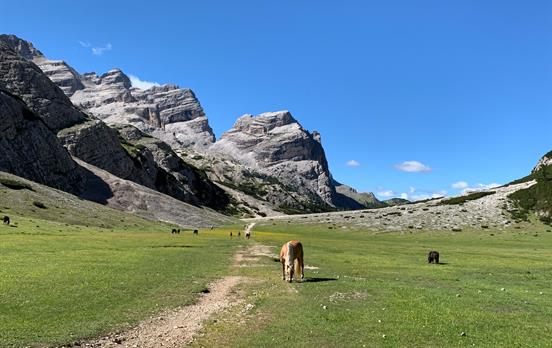
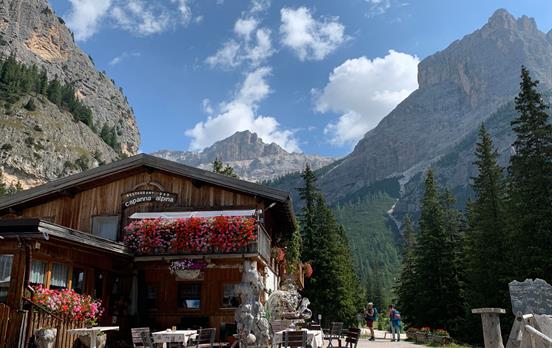
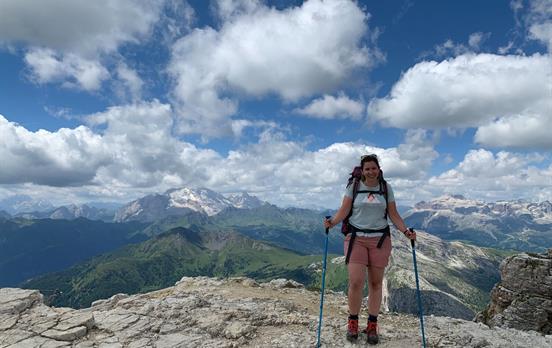
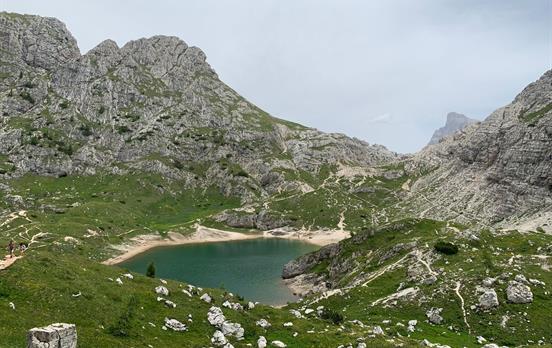
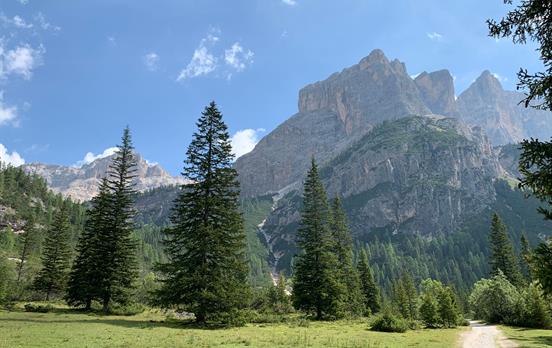
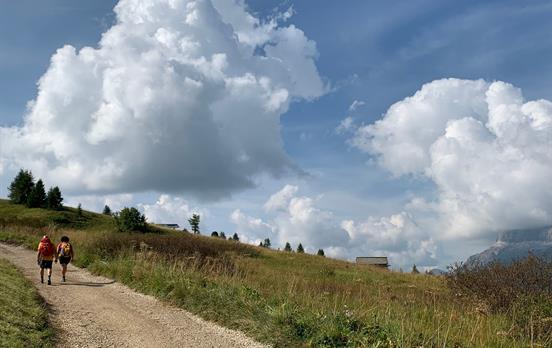
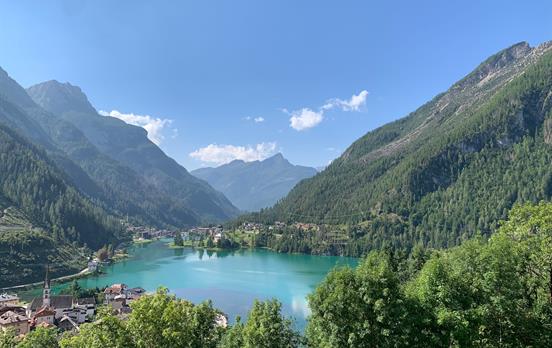
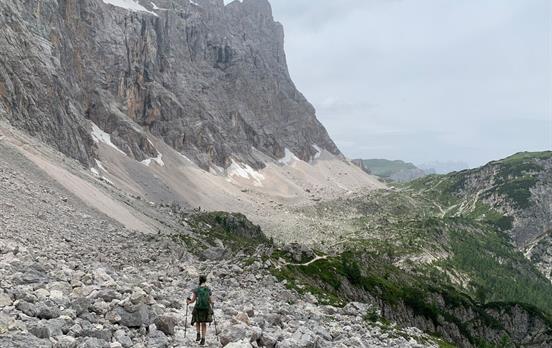
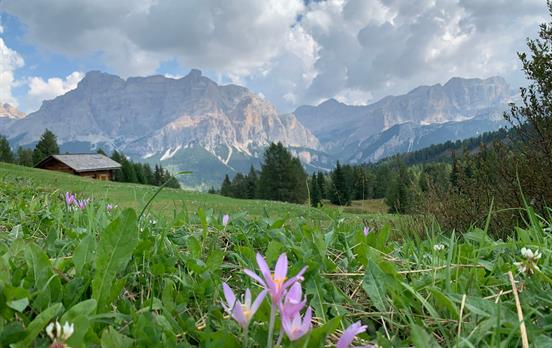


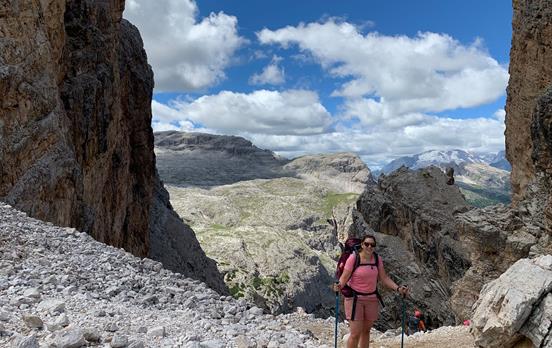
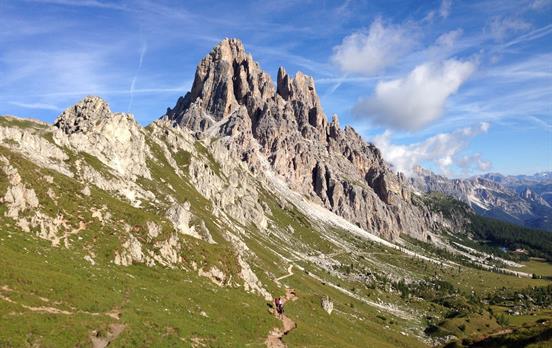
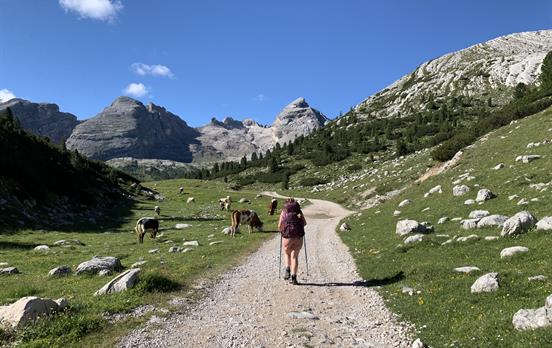
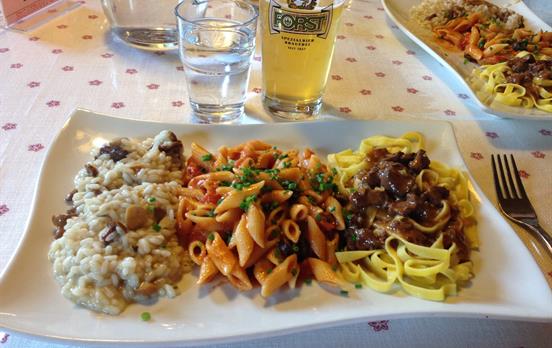
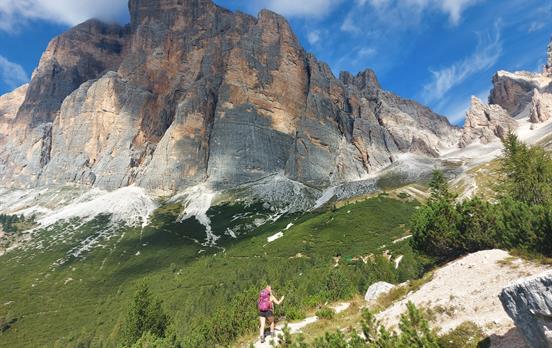
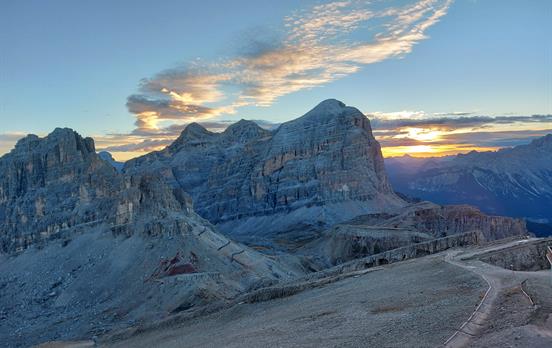
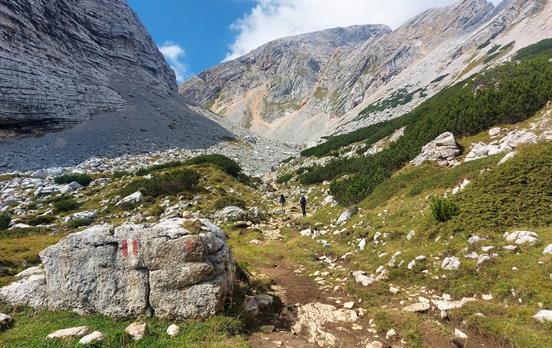

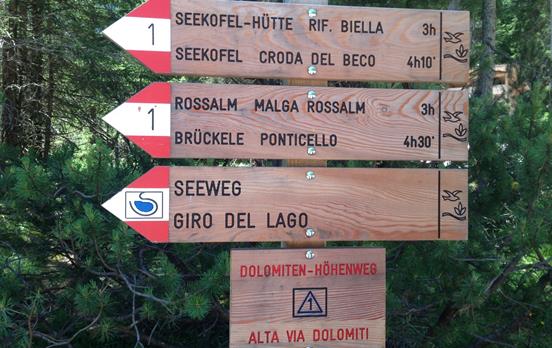
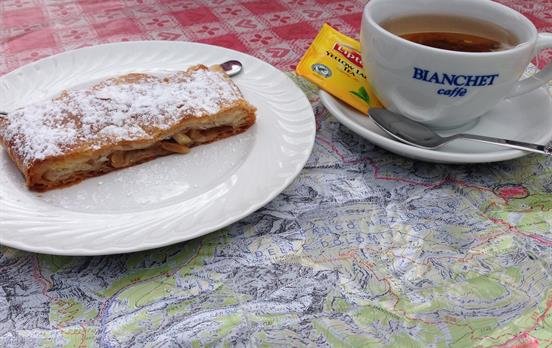

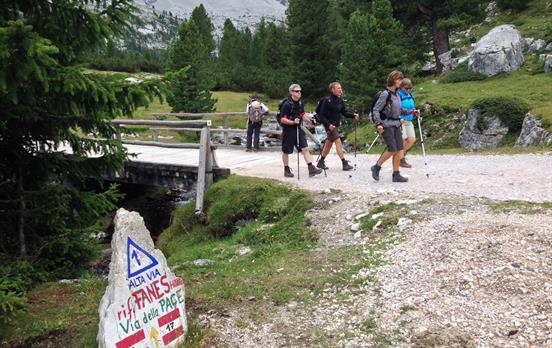
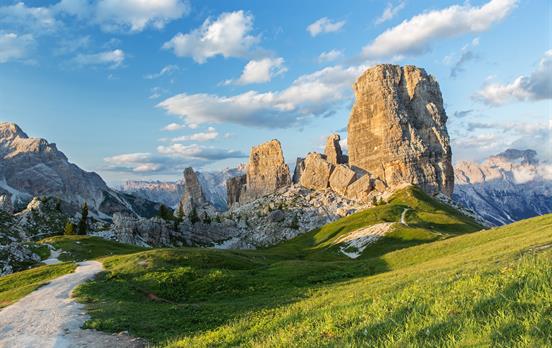


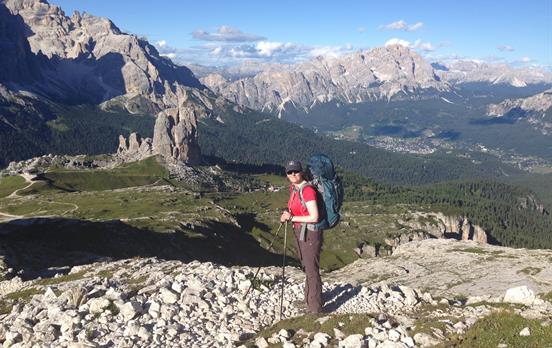


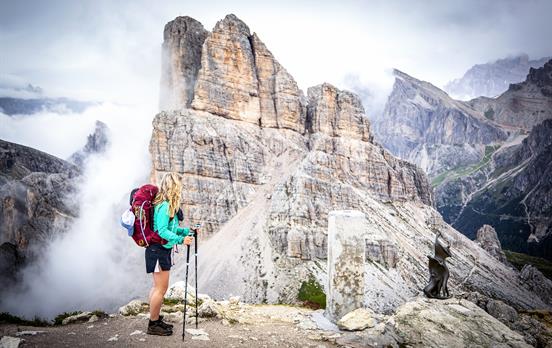
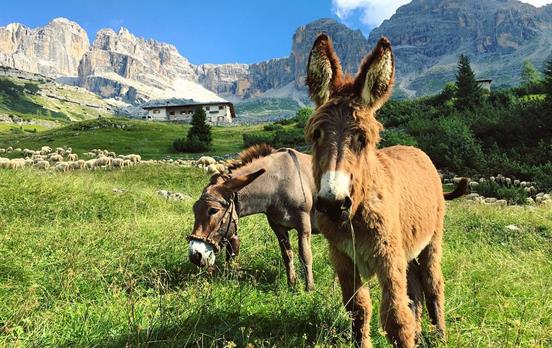
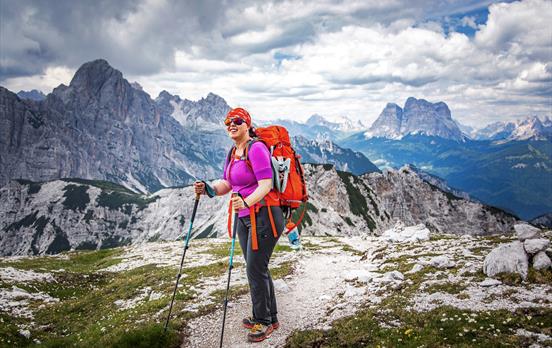
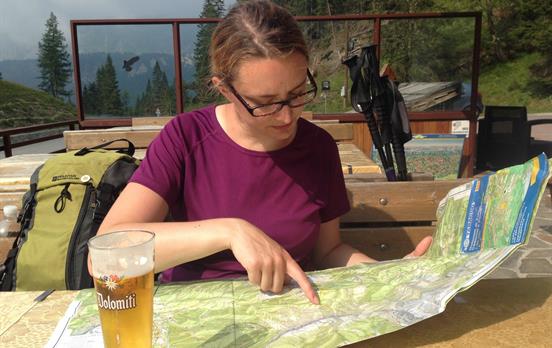

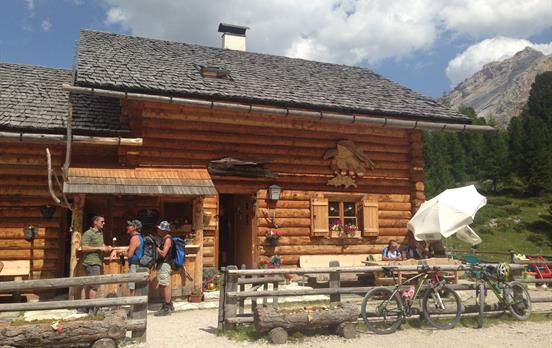
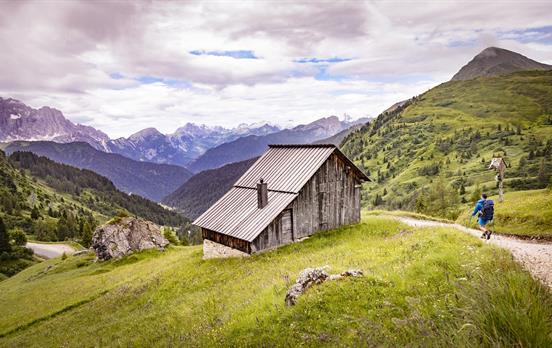
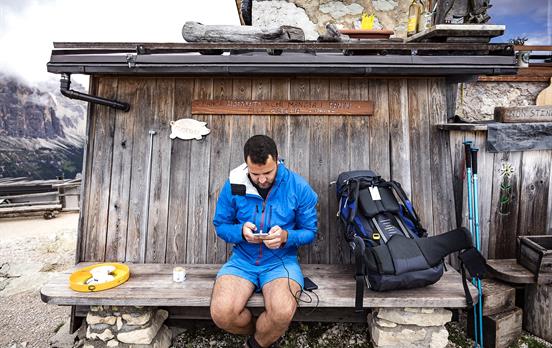















 Australia
Australia New Zealand
New Zealand South Africa
South Africa European Union
European Union